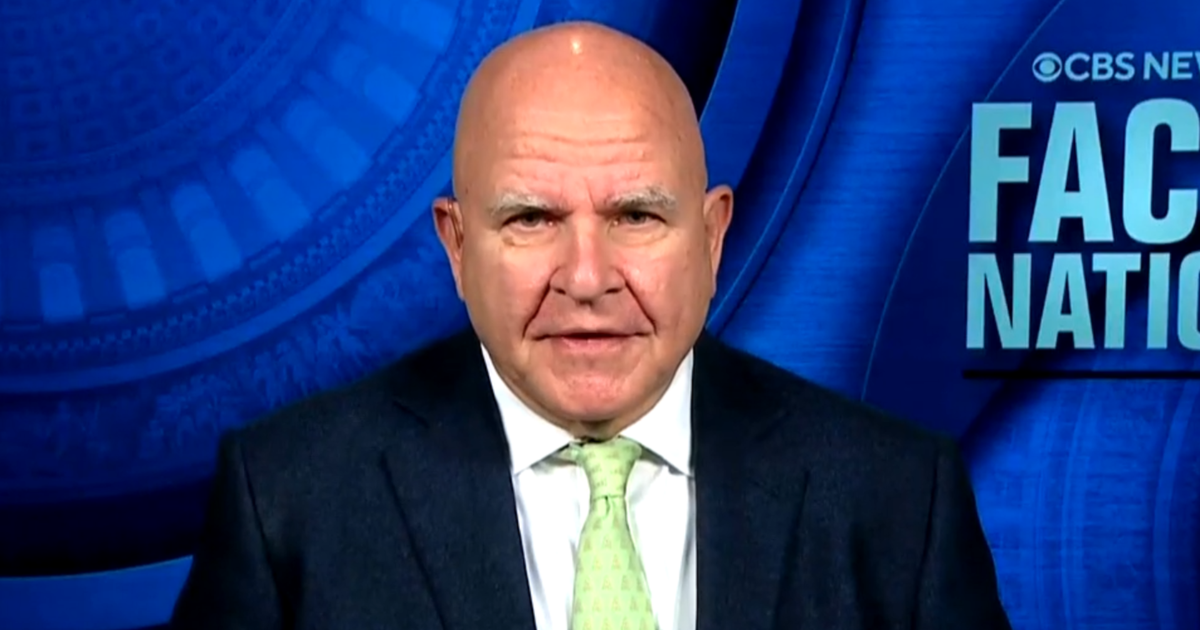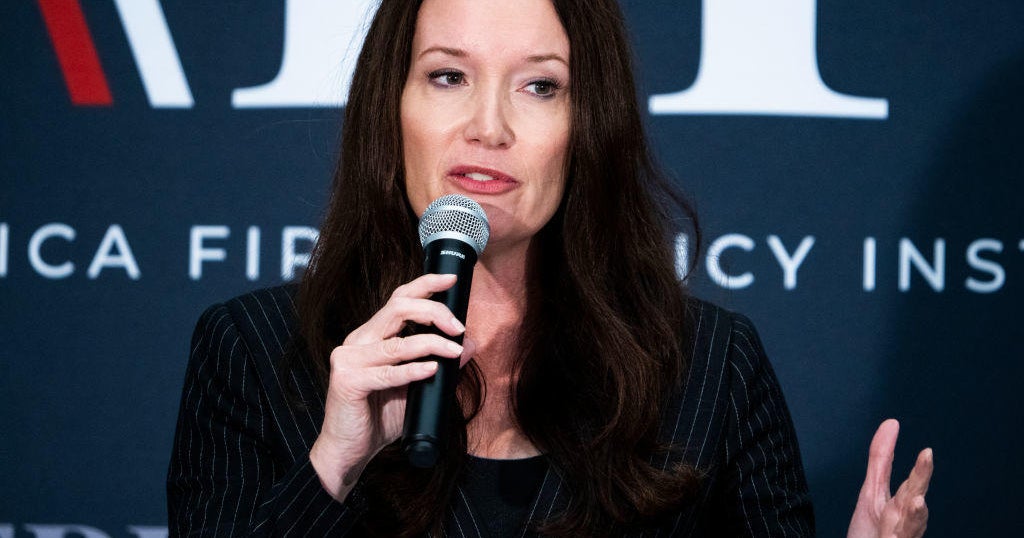Hurd says U.S.-Turkey agreement on Syria resembles "terms of surrender," not peace deal
Outgoing Texas Republican Congressman Will Hurd expressed concern about the White House-brokered temporary ceasefire in northern Syria, saying it resembles a surrender to the Turkish government and U.S. adversaries entangled in the country's protracted civil war.
"I still haven't seen all the details but what I'm learning, it looks more like terms of surrender than a peace deal," Hurd said on "Face the Nation" Sunday. "And unfortunately, our enemies and our adversaries — like Iran, Russia, Turkey — they're playing chess and unfortunately, this administration is playing checkers."
Facing growing criticism from Democrats and Republicans in Congress, an American delegation led by Vice President Mike Pence and Secretary of State Mike Pompeo brokered an agreement on Thursday with President Recep Tayyip Erdogan, who pledged to halt his invasion of northern Syria for five days to afford Kurdish fighters the opportunity to abandon territory reclaimed during the fight against ISIS.
But critics of Mr. Trump's decision to withdraw the U.S. troops that had effectively deterred a potential Turkish attack against the Kurds continued to denounce the administration's strategy in Syria following the Thursday deal. They said the agreement was lopsided, forcing the once U.S.-allied Kurds out of their homes, while allowing Turkey to occupy new territory and avoid U.S. sanctions.
Hurd conceded that the power that he and other concerned lawmakers have to force Mr. Trump to reverse course is limited. But he said continued public pressure — especially regarding a potential resurgence of ISIS because of the American and Kurdish retreat — might encourage the White House to address concerns raised by most congressional Republicans and Democrats.
"It's always easier to compel an administration to stop doing something than it is to begin something," Hurd said.
"I think what we could be doing now is bringing in some of the heads of the military, the heads of the intelligence service, the heads of our humanitarian organizations to talk about what are we going to do to prevent ISIS from becoming resurgent," he added.



